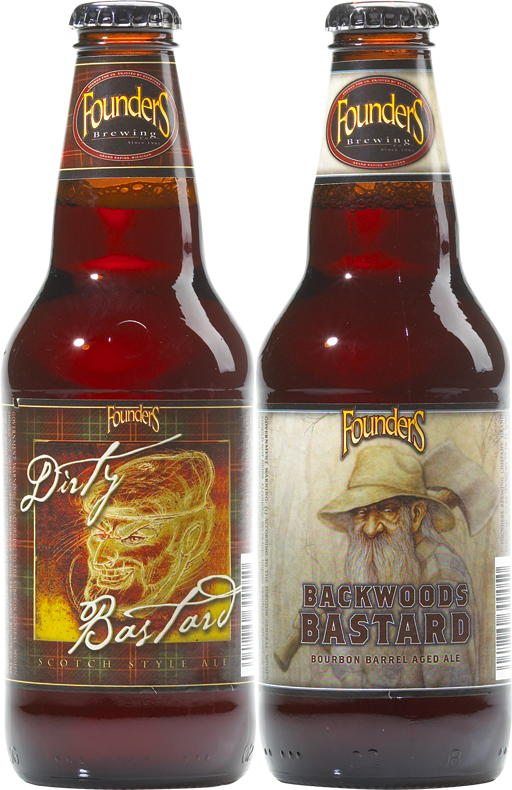
Alabama is in the beer news again, this time, however, it’s a good thing. It seems that previously there was a ban on beers that included the word “bastard”. This was pretty ridiculous seeing that a wine named Fat Bastard was allowed to be sold in the state.
After taking a second look at the attention-grabbing names of Dirty Bastard and Backwoods Bastard beers, the state’s liquor control agency lifted its ban on their sale in Alabama.
David Engbers, co-founder of Founders Brewing Co. in Grand Rapids, Mich., said the Alabama Alcoholic Beverage Control Board didn’t give a reason for reversing its position on the two beers when it sent the company a letter recently approving their sales. Dirty Bastard, the most popular of the two beers, is distributed in 23 states. Alabama was the first to raise an objection to the name, Engbers said Wednesday.
ABC Board attorney Bob Martin said the board’s licensing director originally rejected the names last spring. The decision was based on a state law that says no ads for alcoholic beverages can show a person “posed in an immodest or sensuous manner” and they can’t contain profanity or offensive language.
Because of an outcry from Founders Brewing and from craft beer enthusiasts in Alabama, the ABC Board created an employee committee to review brand names and labels when the enforcement director has a concern. In its first meeting, that committee decided to approve Dirty Bastard and Backwoods Bastard.
So now you can enjoy a larger suite of beers next time you’re visiting the bastard state of Alabama.
Source: http://www.businessweek.com/


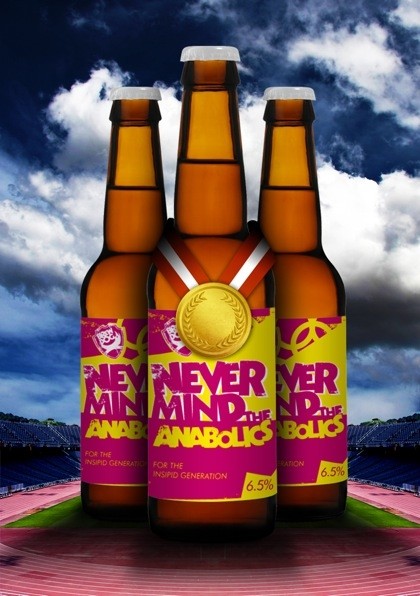



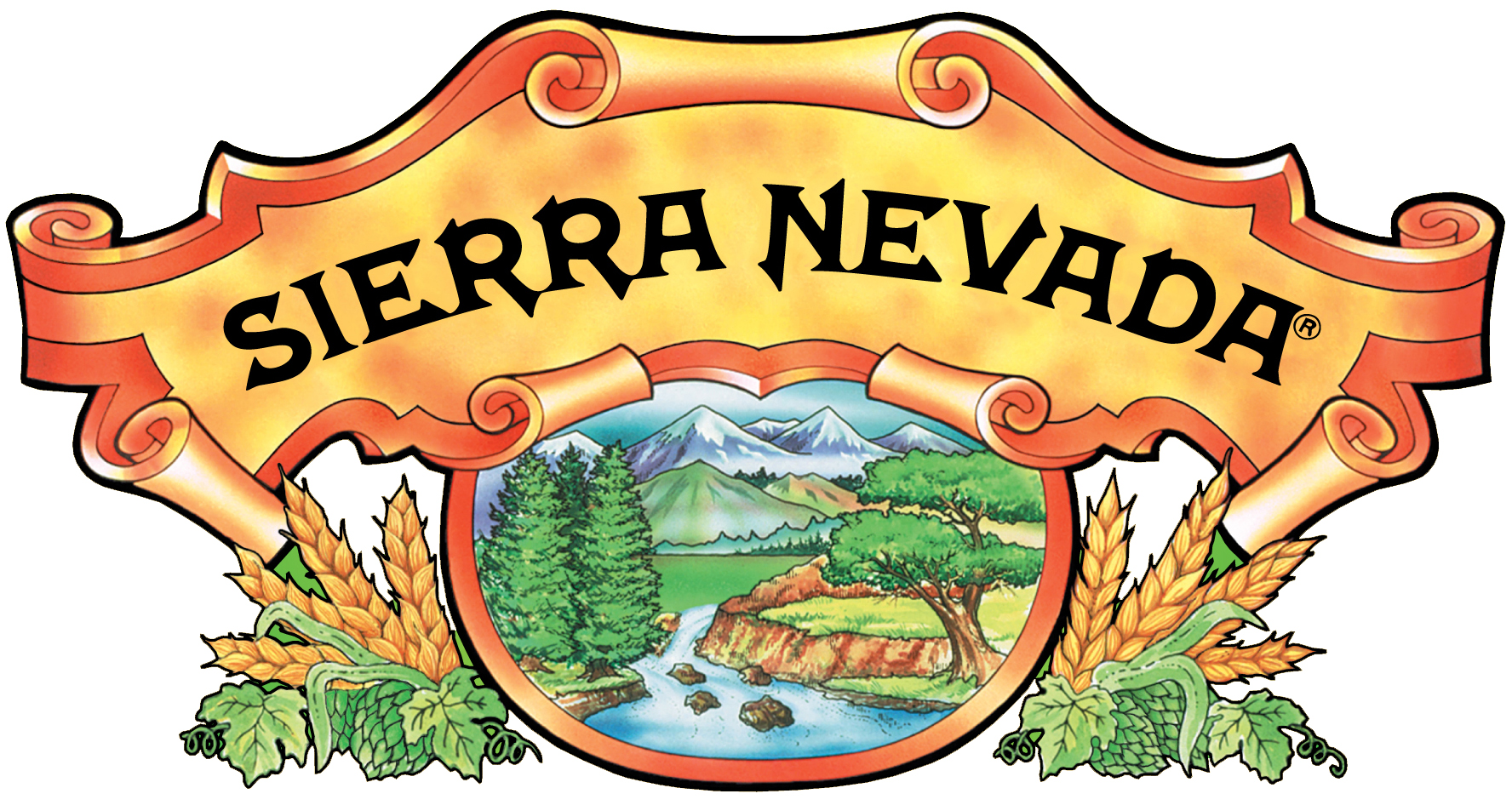



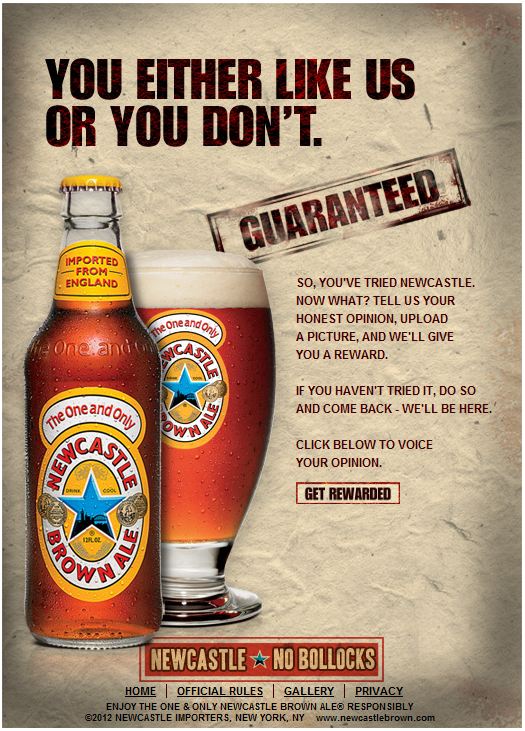

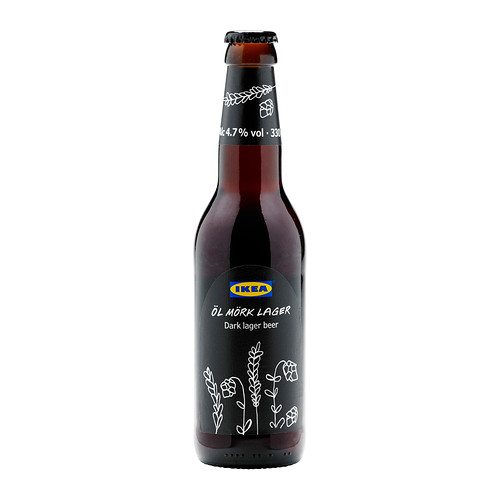

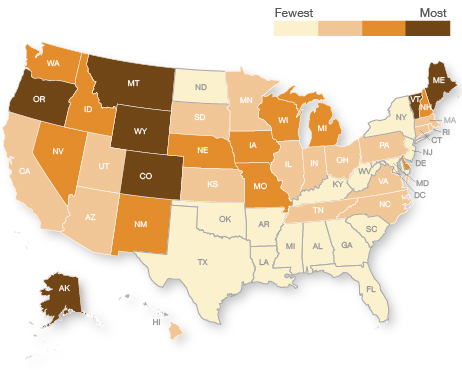



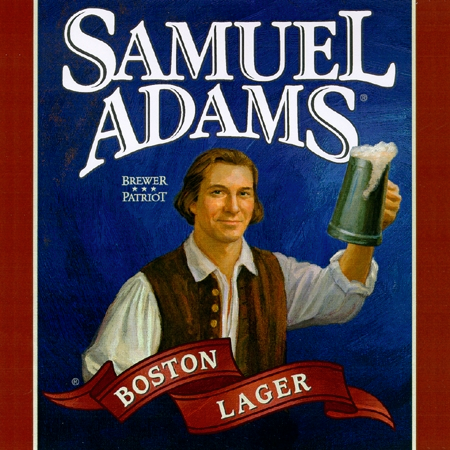

Follow Us!